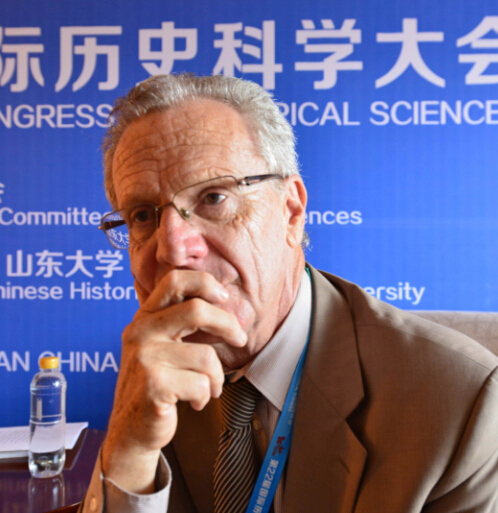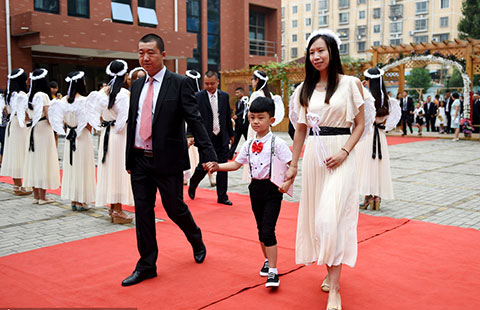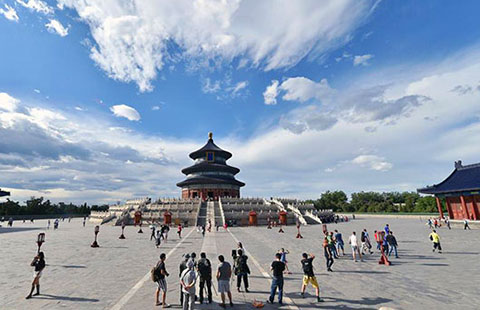A wonderful week
By Robert FRANK Updated: 2015-09-07 11:03
The International Committee of Historical Sciences (ICHS) founded in 1926, organizes every five years a World Congress of Historians. Indeed, the XXIInd Congress of the ICHS, held in Jinan between the 23 and 29 August 2015, has been a huge event, a historic event, for many reasons.
For the first time a World Congress was held in Asia and outside of Europe and the so-called “Europanised world”! Never so many participants attended a Congres : more than 2,700 people. Never so many States were represented in a Congress : 90 countries. Never so many historians of developing countries were able to come, thanks to the generosity of the Shandong University Organizing Committee and to the PVWF, a Dutch Foundation, and never so many junior researchers participated to a Congress.
For the first time also an ICHS Prize, a sort of Nobel Prize for History, sponsored by the Swiss watch manufacturer, Jaeger-LeCoultre, has been delivered by the president of the CISH, Marjatta Hietala, to Serge Gruzinski, a French historian, pioneer in the field of Global and Transnational History. Yes, the Congress showed successfully the recent efforts of the historians to avoid Eurocentrism, to escape from a research too much centered on the Western point of view, to promote the Global and Transnational Turn, to take in account the Digital Turn, all issues which were very well represented in its program.
The participants were greatly impressed by the outstanding organization of the Congress. The 88 sessions were concentrated in two hotels, with only 5 minutes walk between both of them: thus, it was so easy for the historians to circulate from one session to other and have many academic and social exchanges. About 500 young volunteers were there to help and guide the people. Dozens of young students worked so professionally night and day to edit a Bulletin giving daily news on the sessions and showing photos of the panelists.
Never a World Congress of historians offered to the participants three music performances, which were magnificent. The first one at the opening ceremony, Sunday August 23, with more than 120 musicians on the stage, was a concert of traditional Chinese music, with hints of jazz, western classical and Latin American music. The second one, after the ceremony delivering the ICHS-Jaeger-LeCoultre Prize, Wednesday August 26, was an entertainmen twhich expressed with ancient Chinese instruments, drums and bells, strings, flutes and trumpets, songs and dances, the blossoms and flowers of Confucius’ philosophy of harmony and peace. The third one, during the closing ceremony of Saturday August 29, offered to the public the Ode to Joy from Beethoven: it closed the Congress with a standing ovation to the Shandong University orchestra. These three music performances proved beatifully how China’s culture is open to the world, and the Congress in Jinan showed how historians coming from all parts of the world are open to Chinese History and civilization.
According to many participants, this Congress will be unforgettable, thanks to the efforts, the skills, the imagination of the organizers: the Association of Chinese historians and the Shandong University.
- Beijing’s efforts to control air pollution start to pay off
- China's military committed to reform
- Netizens rip singer over baby photos
- Central govt's growing support for Tibet
- Monument to be built on Tianjin blast site
- China and Russia seal raft of energy deals
- Targets outlined for new round of military cuts
- Govt denies prodding students to invest
- Cool under fire, captain leads by example
- Online course seeks to protect children from sexual assault







